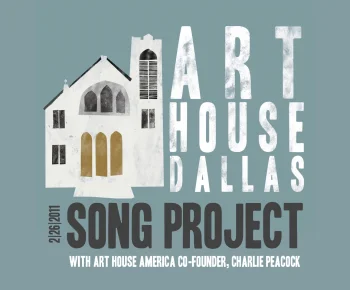 Those unfinished projects no longer seem tragic. They’re comforting evidence that, like me, like all of us, mom lived with gaps between intention and fruition. I have the choice, and the privilege, but not the obligation, to finish some of what she started. Though I am my mother’s uncompleted work, I think she would approve.
Those unfinished projects no longer seem tragic. They’re comforting evidence that, like me, like all of us, mom lived with gaps between intention and fruition. I have the choice, and the privilege, but not the obligation, to finish some of what she started. Though I am my mother’s uncompleted work, I think she would approve. Those unfinished projects no longer seem tragic. They’re comforting evidence that, like me, like all of us, mom lived with gaps between intention and fruition. I have the choice, and the privilege, but not the obligation, to finish some of what she started. Though I am my mother’s uncompleted work, I think she would approve.
Those unfinished projects no longer seem tragic. They’re comforting evidence that, like me, like all of us, mom lived with gaps between intention and fruition. I have the choice, and the privilege, but not the obligation, to finish some of what she started. Though I am my mother’s uncompleted work, I think she would approve.































